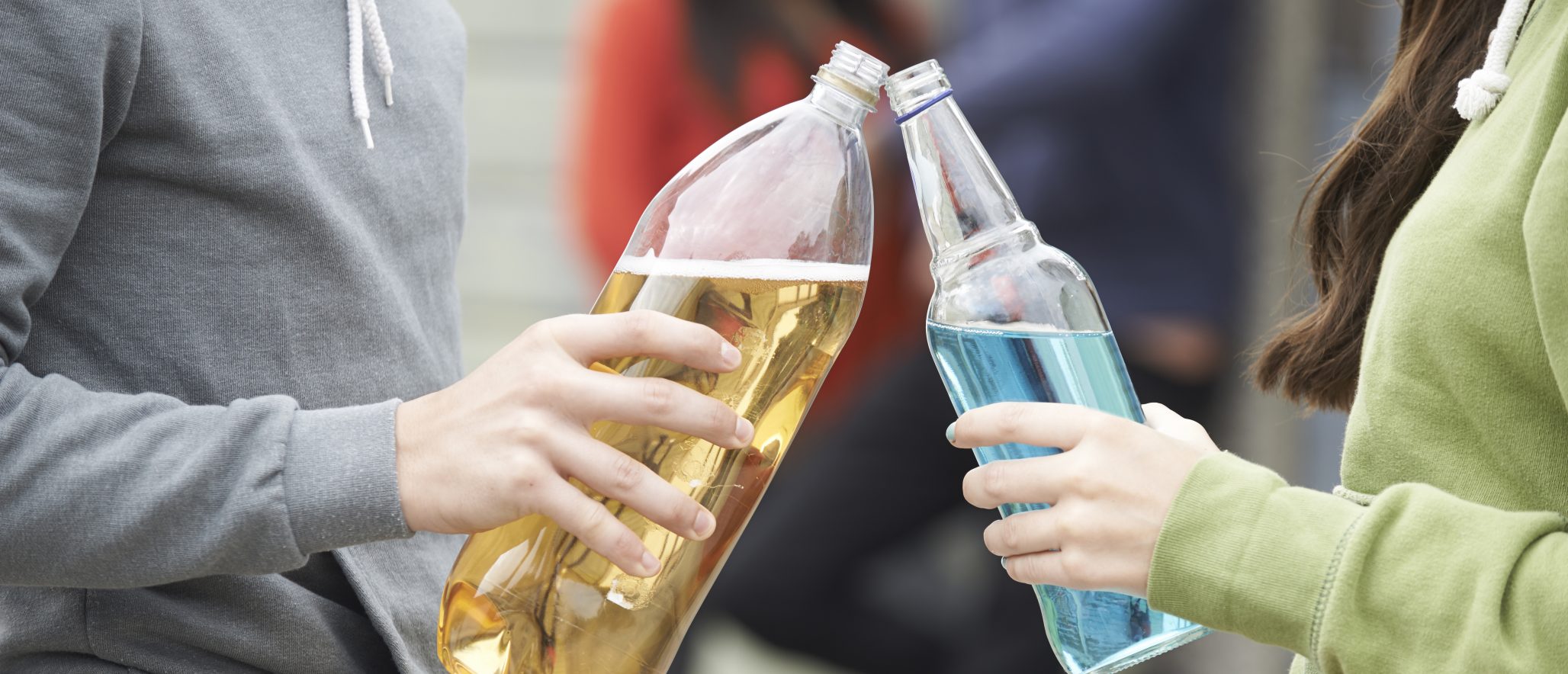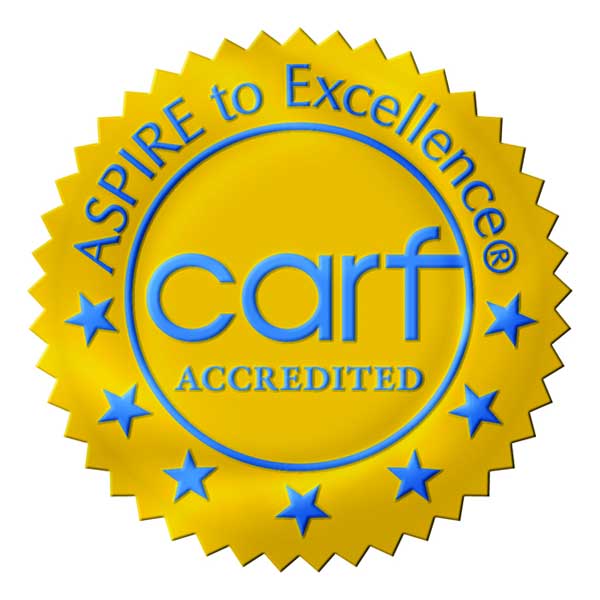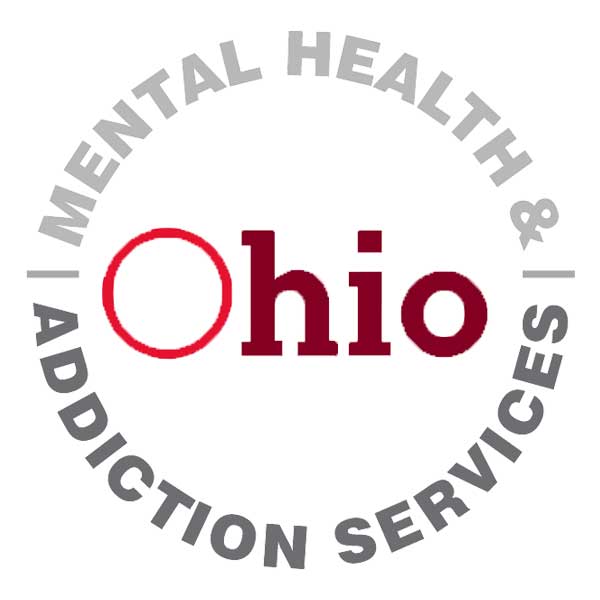GET HELP NOW
513.792.1272
Make a Plan to Get Home Safely
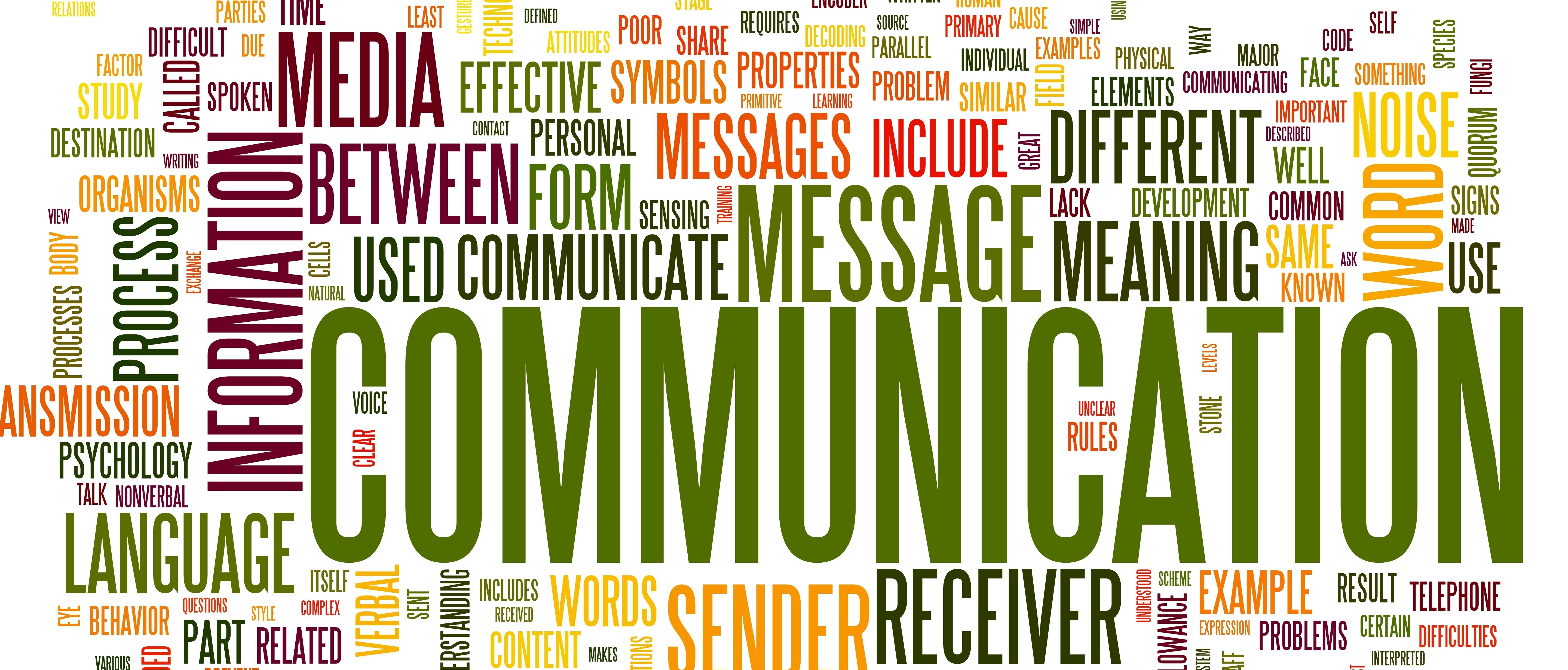
Has your child ever gotten drunk at a party? Here is how to make a plan to get them home safely. The number one killer of teens continues to be alcohol-related car crashes. Teens today use alcohol, marijuana, and other drugs in different ways than previous generations.
This TodayMoms blog includes some ways to help stop your teens from drinking and driving. These range from initially setting rules against using alcohol at all to making a plan with your teen.
How to Make a Plan
Making a plan sounds great in theory, but actually creating one can be more complex. Follow these steps to make it easier. This form can get you started.
Communicate your family’s values
When you make a plan, you first want to explain your family guidelines about alcohol and other drug (AOD) use. Tell your teen outright that you do not want them to use, and include that in the plan. If you know they are using, tell them you expect all use to stop immediately and schedule an assessment at the first sign of use. It is important to explicitly tell your teen not to get in a car with a driver who has used alcohol or other drugs.
Make a list of contacts
Sometimes teens get into situations that are over their heads. Let your teens know that if they get into a situation where friends are using or drinking, they should never drive home after use or get in the car with a driver who has used. Your child should call you at any time to be picked up from a party or other gathering where people are using, that has gotten out of hand, or where they feel uncomfortable for any reason.
Make a list of people who agree ahead of time to pick up your child (in case you aren’t available). Make sure these contacts are in your child’s phone. You may want to mark them with “ICE” (in case of emergency) under the person’s “company” so they are easily searchable.
Create a Secret Code
Keeping up appearances is important! Create a secret code that your child can use to save face when calling or texting for a ride. It could be a string of numbers in a text. Choose something that isn’t going to be a pocket dial like prime numbers (1, 2, 3, 5, 7, 11, 13, 17) or a pattern (1, 2, 3, 1, 2, 3, 1, 2, 3). You might want to have a code word or phrase for a phone call. For example, “Can you get me right now? I think I’m getting the flu!”
Define the consequences
The contract needs a list of actions you will take if the plan is not followed. The most important thing, is to make the consequences something you can and will follow through on. The actions you take will depend on the times your child broke the rule. Higher on the list are common first offense consequences. The bottom ones are more appropriate for a second offense. Each subsequent offense requires a more serious response from you. We suggest the following:
- Grounding – Teen loses the privilege of leaving the home for a period of time (besides mandatory school or work functions).
- Take the car keys – Do not allow your teen to drive anywhere for awhile.
- More monitoring – Increase the frequency you check your child’s phone/social media (to see if there is an ongoing issue with substances).
- Add testing – Drug test your child to ensure compliance
- Gather information – Contact a treatment facility like ASAP to set up an assessment to determine if there is a Substance Use Disorder. (Remember, parents usually know 10-25% of what their children are using.)
- Get help – Enroll your child in treatment or education classes (when needed).
Follow Up and Follow Through
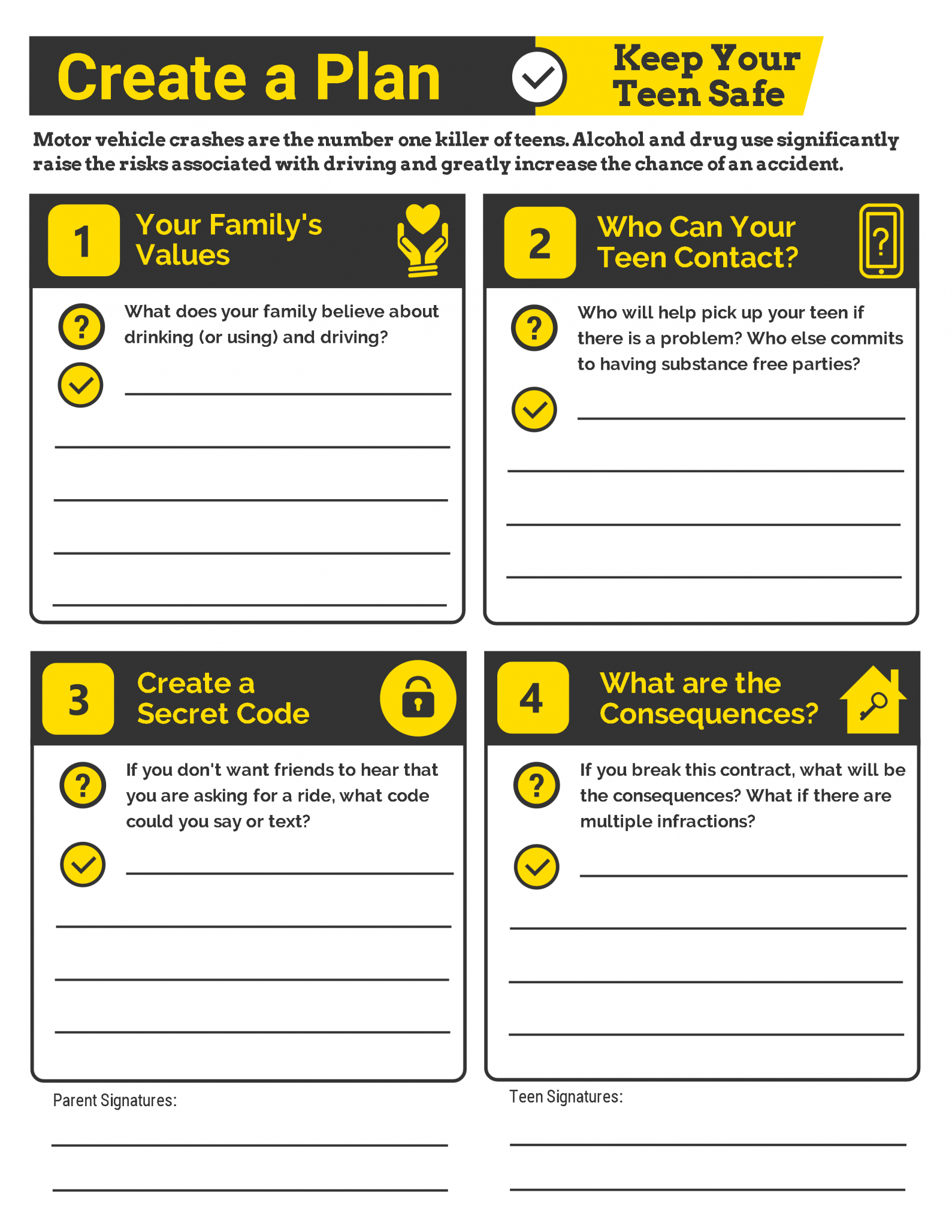 Check in regularly with your teens and remind them that it is never ok to get in a car if the driver has used any kind of substance. If you don’t regularly network, meet the parents of your teen’s friends. Some schools or PTOs plan parent meetings and groups. Get involved in your child’s social life as much as you can. Plan dinners (without the kids!) with moms or dads from your child’s social network. Invite families to join you for a BBQ or picnic. Working together can make parenting less difficult.
Check in regularly with your teens and remind them that it is never ok to get in a car if the driver has used any kind of substance. If you don’t regularly network, meet the parents of your teen’s friends. Some schools or PTOs plan parent meetings and groups. Get involved in your child’s social life as much as you can. Plan dinners (without the kids!) with moms or dads from your child’s social network. Invite families to join you for a BBQ or picnic. Working together can make parenting less difficult.
If your teen breaks your rules against using substances and also gets in a car (with someone who is) high, it signals a serious problem. These teens are often more involved in using than you may realize. Make sure you follow through on the consequences you set so you don’t lose influence over the situation. The key is: make a plan and follow it!
If you discover a problem, ASAP can help get you on the road to recovery. It all starts with a phone call to 513.792.1272.
Click on the thumbnail image or here for a printable version of the planning form.
RELATED POSTS
ASAP is Cincinnati's premiere outpatient treatment center for teenagers and their families struggling with substance abuse and mental health problems.
SUBSCRIBE
Enter your email address to receive news and information from ASAP.


